In the vast and diverse world of dog breeds, where each has its unique personality and traits, some dogs are naturally more timid than others. These timid breeds, often characterized by their cautious and sometimes shy nature, require a gentle approach and understanding from their owners. Their sensitivity and reserved demeanor can be attributed to various factors, including genetics, early socialization, and individual personality. While they may take longer to warm up to new people and situations, with patience and proper care, these dogs can become loving and devoted companions. In this article, we explore eight dog breeds known for their timidity, highlighting the qualities that make them uniquely endearing and how to support their gentle souls in becoming more confident and comfortable.
1. Greyhound
Despite their racing background, Greyhounds are surprisingly gentle and timid dogs. Known for their graceful appearance and speed, they are often reserved, especially around strangers. Greyhounds prefer a calm environment and can be quite sensitive to loud noises and hectic activity. Their timidity is coupled with a sweet and loving nature towards their families. Providing a Greyhound with a peaceful home, where they feel safe and secure, can help them come out of their shell. Patience and gentle encouragement are key to building their confidence and helping them adjust to new situations and people.
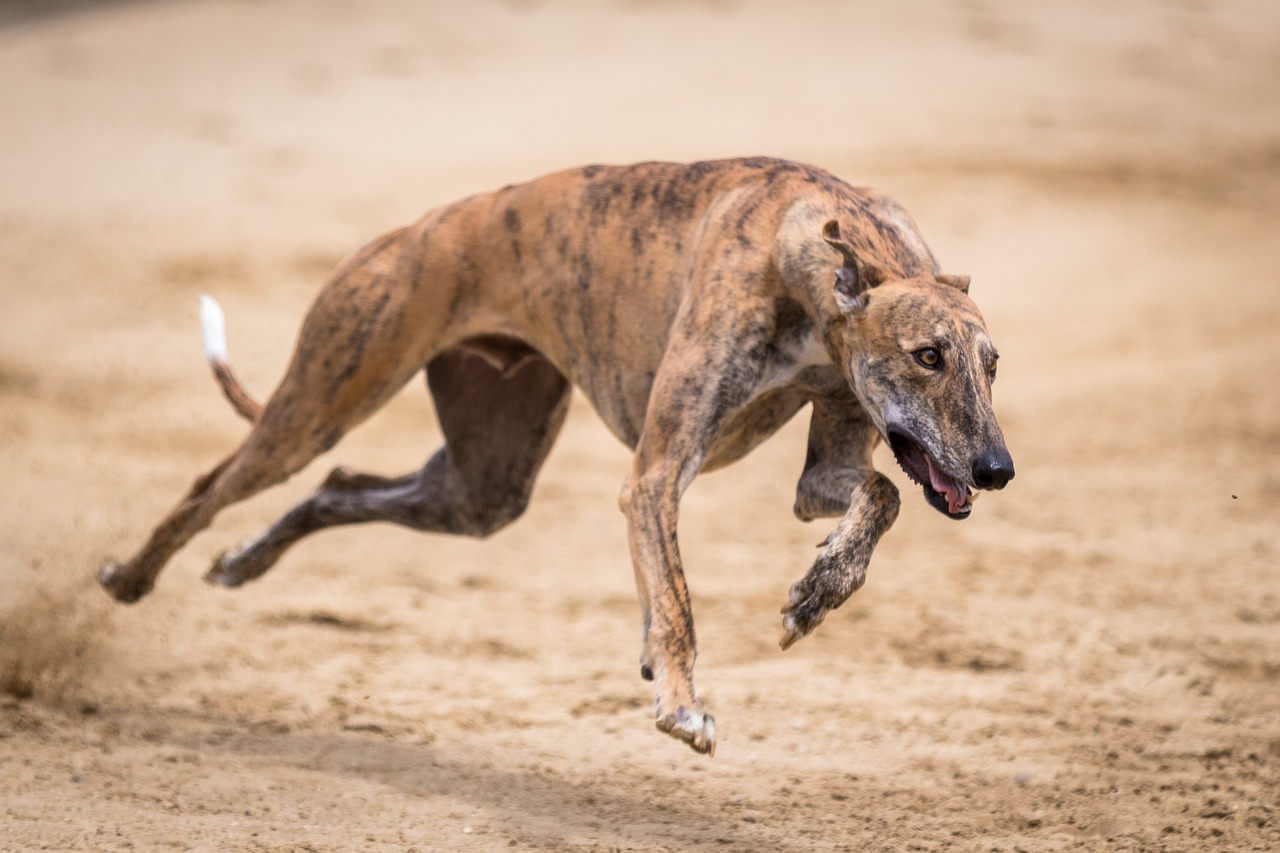
2. Chihuahua
Chihuahuas may be small in size, but their personalities are a complex mix of bravado and timidity. While some Chihuahuas can be bold and outgoing, many exhibit a timid nature, especially in unfamiliar environments or when faced with larger dogs. Their small stature can make them feel vulnerable, leading to a cautious approach to the world around them. Socialization from a young age is crucial for Chihuahuas to help them become more confident. Despite their occasional shyness, Chihuahuas form strong bonds with their owners and can be quite protective, proving that even the smallest breeds can have big hearts.
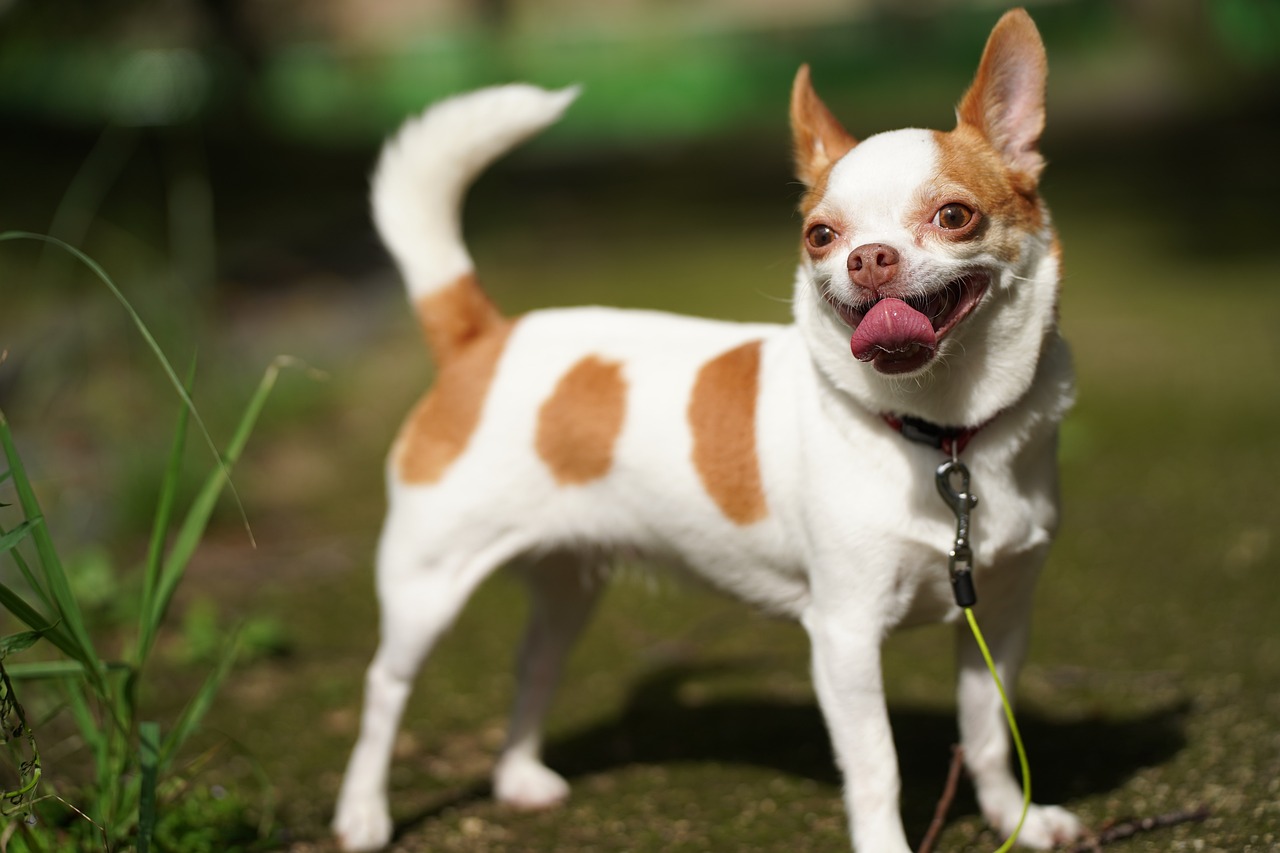
3. Shetland Sheepdog
The Shetland Sheepdog, or Sheltie, is a breed known for its intelligence, loyalty, and tendency towards timidity. Shelties are often reserved around strangers and may display shyness in new situations. Their herding background instills a sense of caution and vigilance, which can manifest as timid behavior. Proper socialization and positive reinforcement training from a young age can help Shelties gain confidence. Despite their initial reserve, they are incredibly affectionate with their families and are eager to please them, making them responsive to gentle and patient training methods.
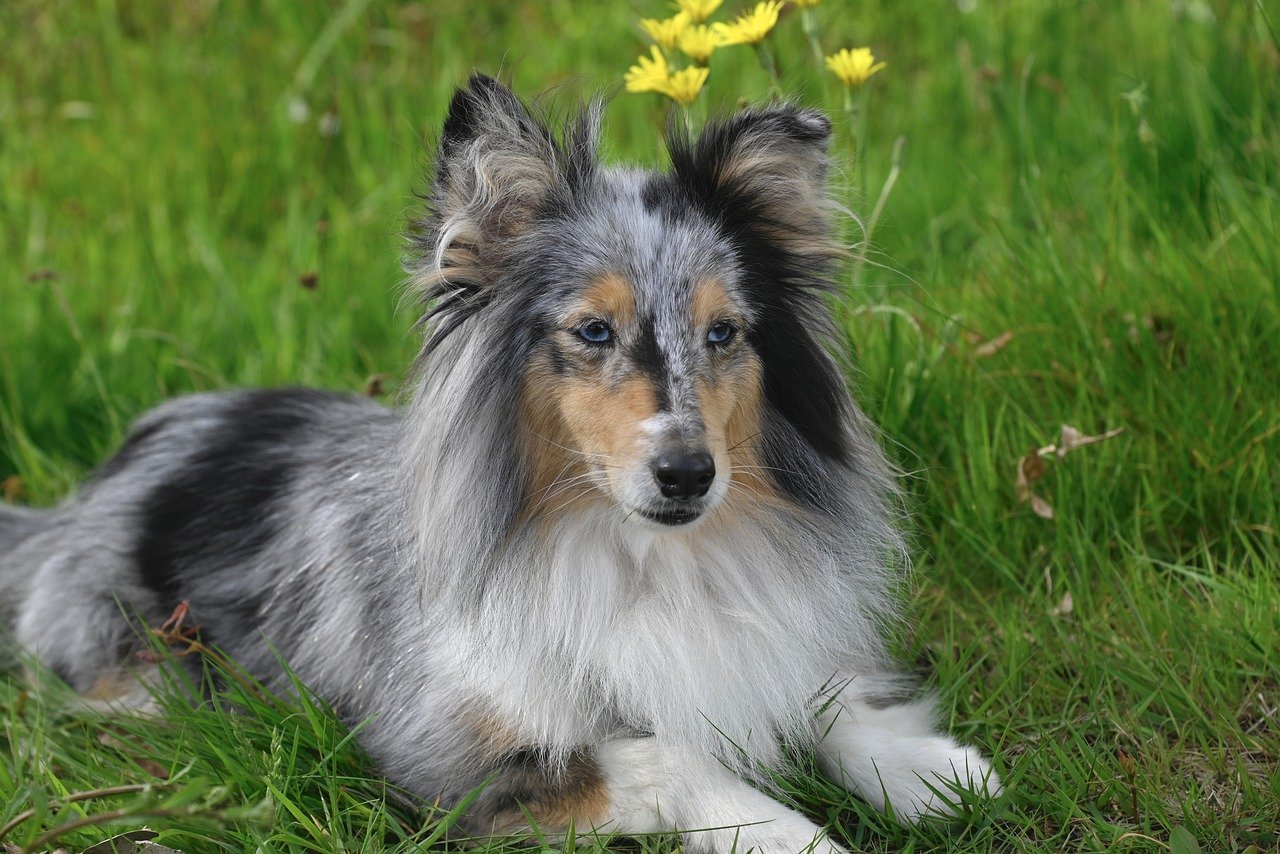
4. Whippet
Whippets, similar to their Greyhound cousins, are known for their gentle and somewhat timid nature. They are quiet and sensitive dogs that thrive in peaceful environments and may become anxious in loud or chaotic settings. Whippets are affectionate with their families but can be reserved around strangers. Providing a Whippet with a calm, loving home where they feel secure can help them become more outgoing. Early socialization and exposure to various people and experiences in a positive manner are crucial for helping Whippets overcome their natural timidity.
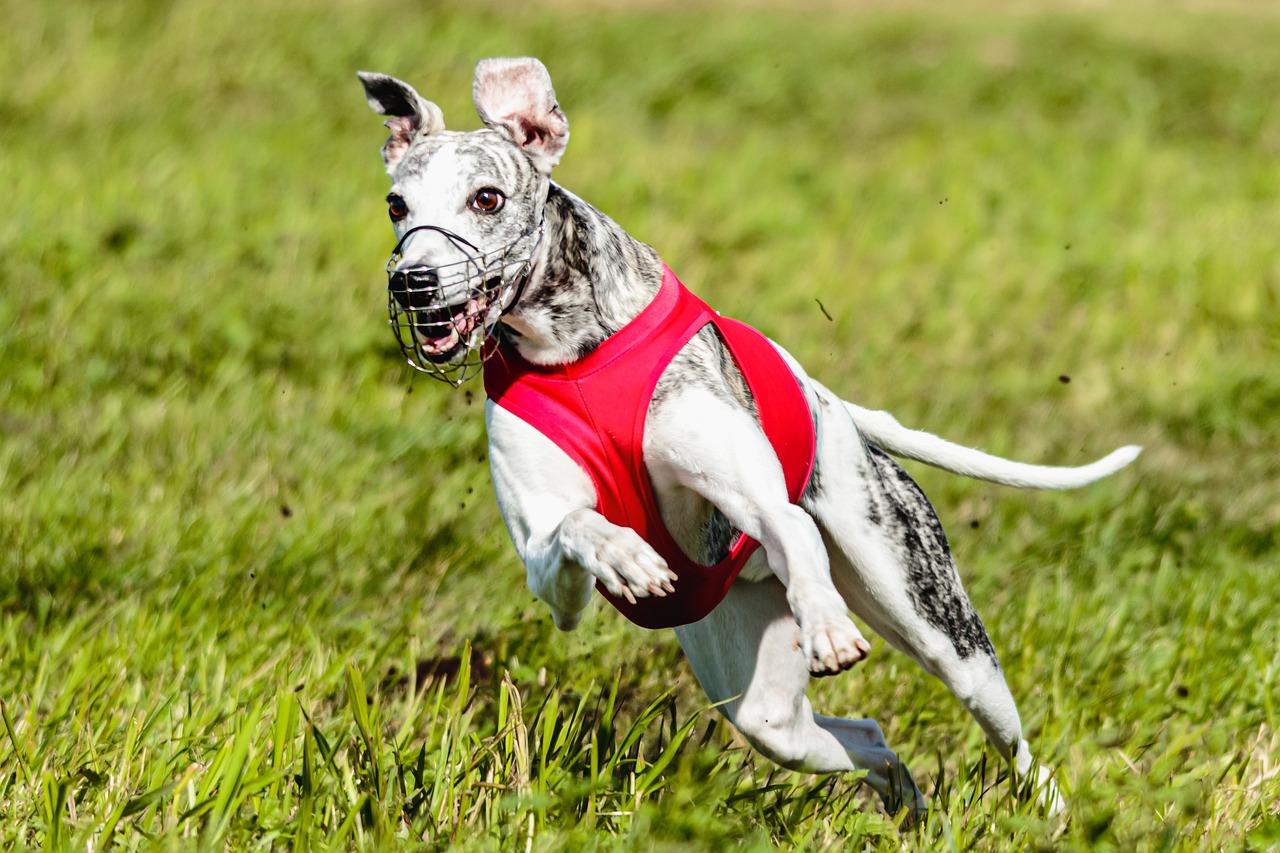
5. Cavalier King Charles Spaniel
Cavalier King Charles Spaniels are beloved for their sweet, gentle nature, and some individuals may exhibit a timid disposition. They are affectionate and loving dogs that thrive on companionship, both with humans and other pets. Their sensitivity to their environment and their people can make them appear timid, especially if they sense nervousness or tension. Cavaliers benefit greatly from a stable, calm environment and positive, reward-based training. Their eagerness to please and desire for affection makes them responsive to gentle encouragement, helping them to overcome shyness.
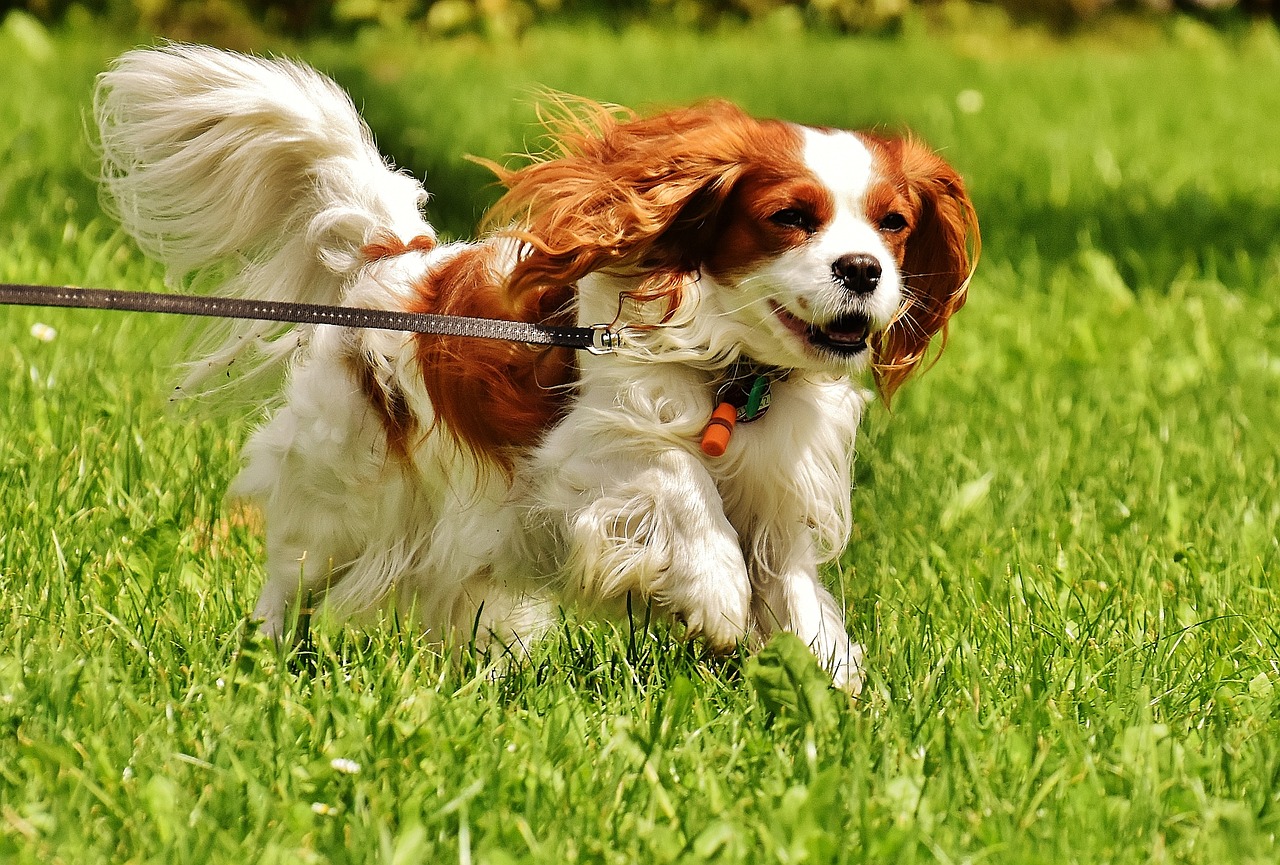
6. Papillon
Papillons are known for their butterfly-like ears and vibrant personalities, but they can also be timid, especially when not properly socialized. These small dogs are intelligent and curious, but their size can make them wary in new or overwhelming situations. Providing Papillons with early socialization and positive experiences is key to building their confidence. Despite their initial timidity, Papillons are eager to learn and can excel in various dog sports and activities, which can also help boost their confidence.

7. Japanese Chin
The Japanese Chin is an elegant and aristocratic breed known for its reserved and timid nature, especially around strangers. They are sensitive dogs that form deep bonds with their owners and prefer a quiet and predictable environment. The Japanese Chin’s timidity is often balanced by their loving and devoted personality towards their family. Encouraging gentle interactions and providing a serene home life can help them feel more secure. Socialization and patient training can assist in helping them navigate the world with more assurance.
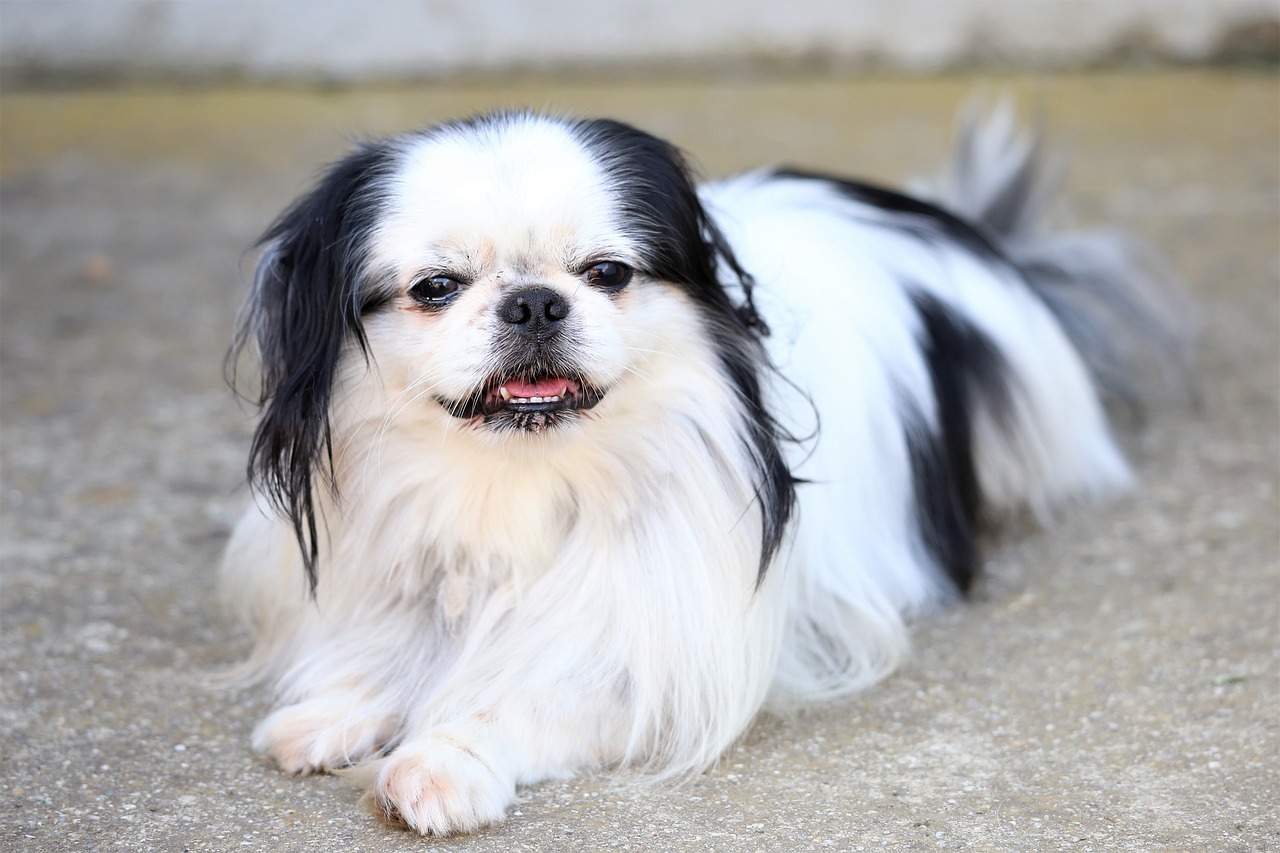
8. Bichon Frise
Bichon Frises are cheerful and affectionate dogs that can sometimes be timid, particularly in unfamiliar settings or when meeting new people. Their fluffy, white coats and friendly faces belie a cautiousness that can be overcome with positive reinforcement and gentle socialization. Bichons thrive on companionship and do well in environments where they feel loved and secure. Despite their occasional nervousness, they have a resilient spirit and can become quite confident with consistent, loving guidance. Their playful and sociable nature makes them excellent family pets, and engaging them in activities that stimulate their minds and encourage interaction can help mitigate their timidity. Bichon Frises are quick learners and respond well to training that uses positive reinforcement techniques, which can also help in building their confidence.
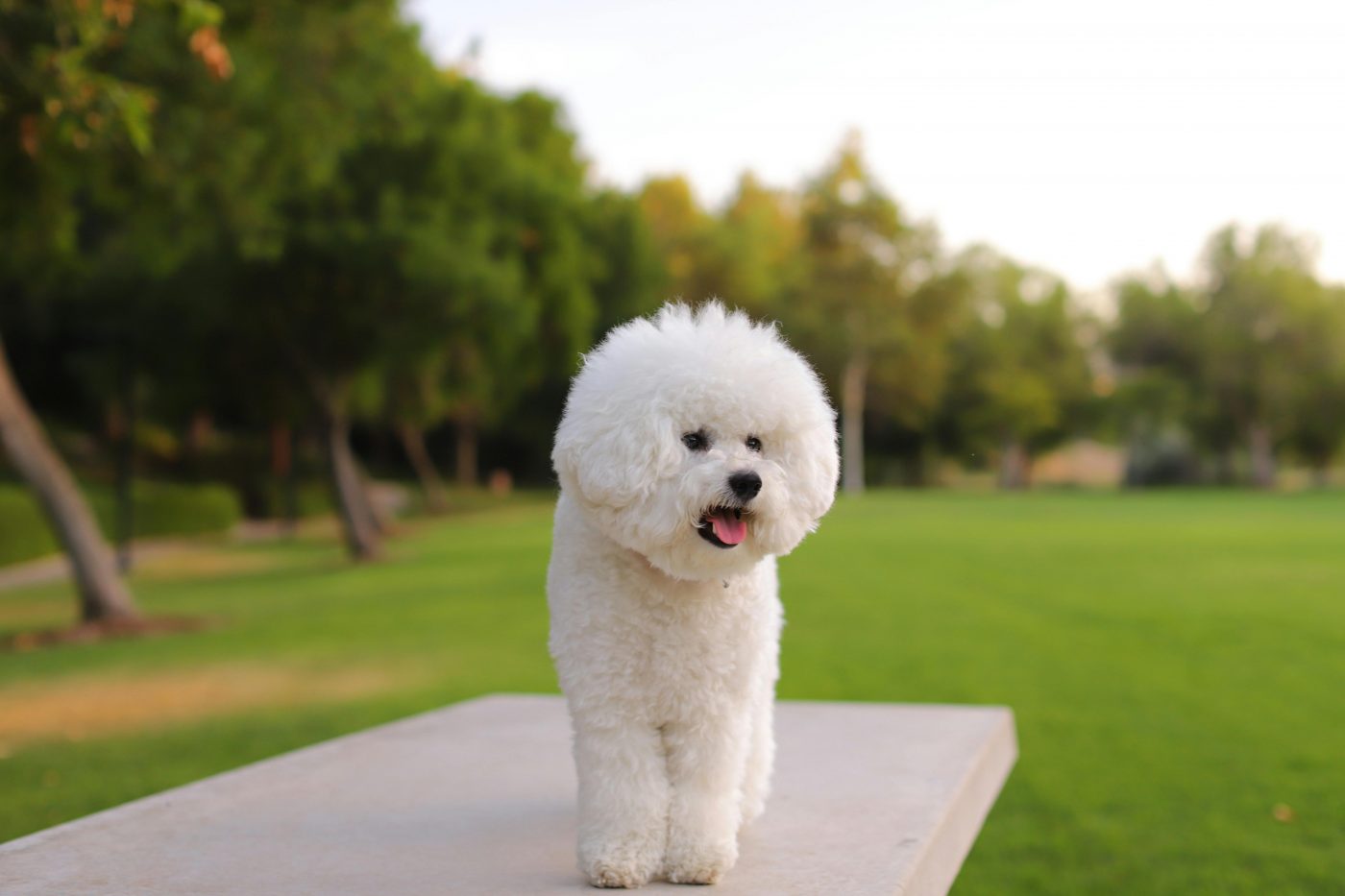
While timidity in dogs might be seen as a challenge, it also presents an opportunity for owners to develop a deep and trusting relationship with their pets. Understanding and patience are key when caring for a timid dog. These breeds exemplify the diverse ways in which dogs express their sensitivity to the world around them, reminding us of the importance of kindness, gentle encouragement, and positive experiences in nurturing their spirits. By providing a stable, loving environment, and dedicating time to socialization and training, owners can help their timid dogs navigate the world with greater assurance. Ultimately, the journey with a timid dog can be incredibly rewarding, as owners witness their furry friends grow in confidence and joy, further strengthening the unique bond between them.
 Toledo, United States.
Toledo, United States.